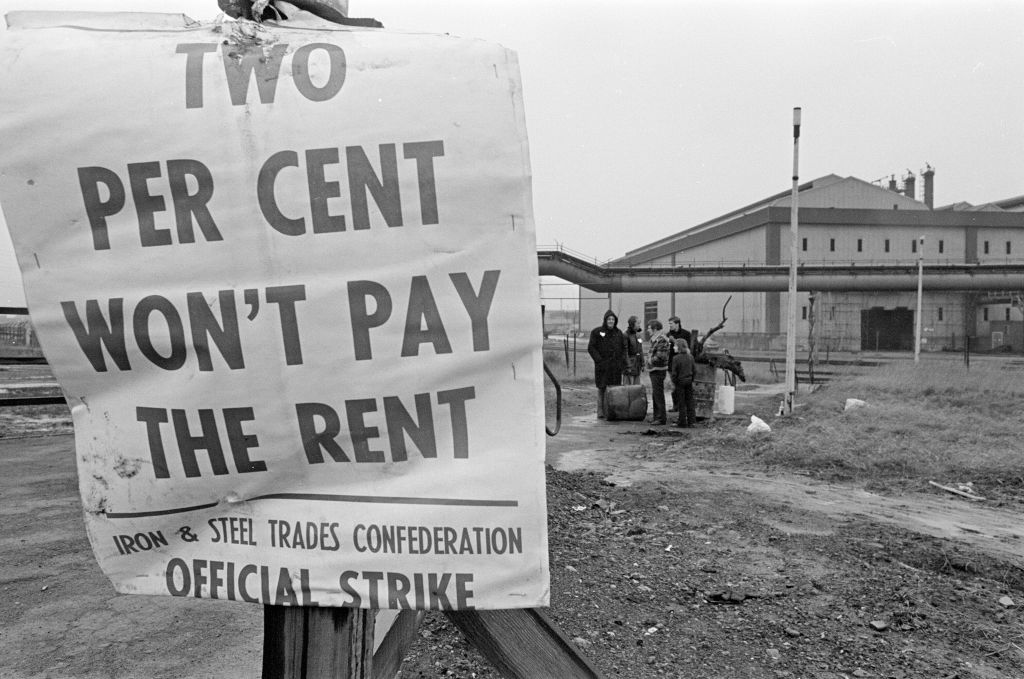
Get the latest financial news, insights and expert analysis from our award-winning MoneyWeek team, to help you understand what really matters when it comes to your finances.
You are now subscribed
Your newsletter sign-up was successful
Want to add more newsletters?

Twice daily
MoneyWeek
Get the latest financial news, insights and expert analysis from our award-winning MoneyWeek team, to help you understand what really matters when it comes to your finances.

Four times a week
Look After My Bills
Sign up to our free money-saving newsletter, filled with the latest news and expert advice to help you find the best tips and deals for managing your bills. Start saving today!
In 1967, the Iron and Steel Act nationalised Britain's steelmaking industry, leading to the formation of the British Steel Corporation (BSC), with some 268,500 employees. But by the end of the 1970s, the industry was making a loss, and plans were in hand to close plants and make large scale redundancies.
Workers had been offered a pay rise of 2%. The unions wanted 20%. Talks quickly broke down. And so, for the first time in over 50 years, the steelworkers began a national strike.
The strike lasted 13 weeks and soon spread to the private sector, with flying pickets' protesting at plants around the country. After much talking, workers accepted a 16% pay rise in return for increased productivity and changes in working practices. The strike ended on 3 April.
MoneyWeek
Subscribe to MoneyWeek today and get your first six magazine issues absolutely FREE

Sign up to Money Morning
Don't miss the latest investment and personal finances news, market analysis, plus money-saving tips with our free twice-daily newsletter
Don't miss the latest investment and personal finances news, market analysis, plus money-saving tips with our free twice-daily newsletter
But by the end of the year, the Consett Works in County Durham closed and steelmaking operations stopped at the Shotton works in North Wales.
Eventually, however, the restructuring bore fruit, and the BSC returned to profit. In 1988, it was privatised, and in 1999, it merged with Dutch steel producer Koninklijke Hoogovens to form Corus Group, to become the world's third-largest steel producer.
In March 2007, Corus was taken over by India's Tata Steel in a deal worth $13bn, and became Tata Steel Europe, with plants in Scunthorpe, Port Talbot, and Ijmuiden. Tata sold its Scunthorpe plant to Greybull Capital, which rebranded it as British Steel. It was placed into insolvency in 2019 and was bought up by China's Jingye Group in 2020.
Get the latest financial news, insights and expert analysis from our award-winning MoneyWeek team, to help you understand what really matters when it comes to your finances.

-
 Should you buy an active ETF?
Should you buy an active ETF?ETFs are often mischaracterised as passive products, but they can be a convenient way to add active management to your portfolio
-
 Power up your pension before 5 April – easy ways to save before the tax year end
Power up your pension before 5 April – easy ways to save before the tax year endWith the end of the tax year looming, pension savers currently have a window to review and maximise what’s going into their retirement funds – we look at how
